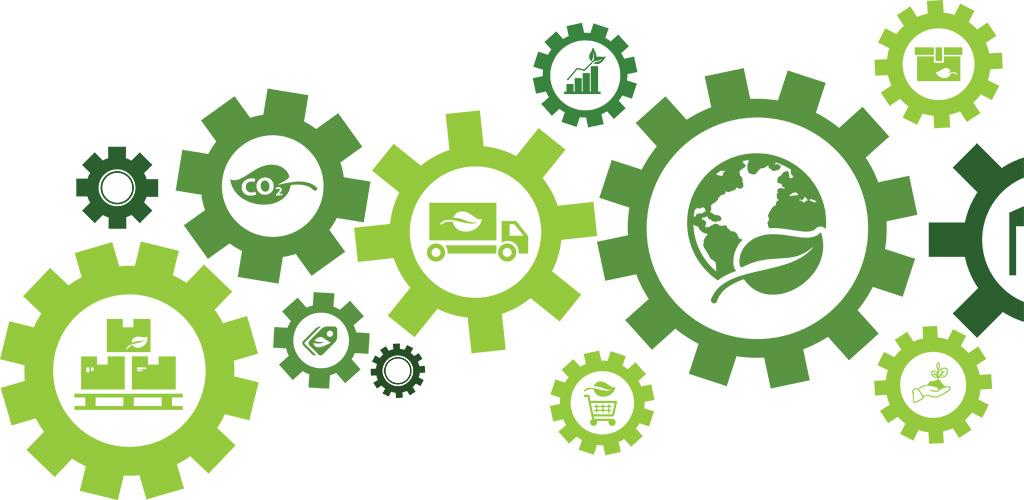Sep 07 | 2021
Collective Responsibility is a Necessity

 By Stephen Spoljaric
By Stephen SpoljaricThe U.S. Environmental Protection Agency, or EPA, estimates that 29 percent of U.S. greenhouse gas emissions are the result of transportation-related activities. As we strive to build a cleaner, greener world we need to identify methods to reduce the impact of transportation activities on the environment and sharpen our focus on sustainability across the logistics industry.
However, in order to measure improvements in sustainability across our industry, we first must collectively determine what success in this area looks like. I encourage all of us to learn from other facets of our industry to see how success is measured.
Established in 1971, the Occupational Safety and Health Administration, or OSHA, ensures safe and healthy working conditions for workers by setting and enforcing standards and by providing training, outreach, education and assistance. OSHA requires the collection of data, across industries, on work-related injury and illness. The data is used by OSHA to calculate specific injury and illness incidence rates. OSHA’s measurement and analysis of the data collected helps to determine both problem areas and progress in preventing work-related injuries and illnesses.
We can learn from our industry’s steadfast commitment to safety. When an incident occurs it is reported, investigated, corrective actions are taken, and lessons learned are distributed. We need to take similar actions in support of our commitment to build a cleaner, green world. But, first, we must define our goals and the timeline in which we wish to achieve them.
The International Maritime Organization’s targets for 2050, which emphasize a timeline to achieve aggressive improvement goals in reducing carbon emissions in the maritime industry as compared with 2008 levels, are a great starting point. We need to implement similar timelines and goals across all aspects of project logistics.
Developing industry standards, specific to each segment of our industry, will help us to measure our success. Additionally, standardizing the methodology by which we measure success, will help to set guidelines and create industry best practices which we can all benefit from.
Now is the time for us to come together, as an industry, to discuss our goals and the ways in which we will achieve them.
It is our collective responsibility to take part in building a cleaner, greener world. We can start by clearly defining what sustainability success looks like for the logistics industry, setting goals, and measuring ourselves against our goals to lessen our industry’s environmental impact.
Stephen Spoljaric is Bechtel corporate manager of global logistics and president of the Exporters Competitive Maritime Council.
Image credit: Shutterstock
